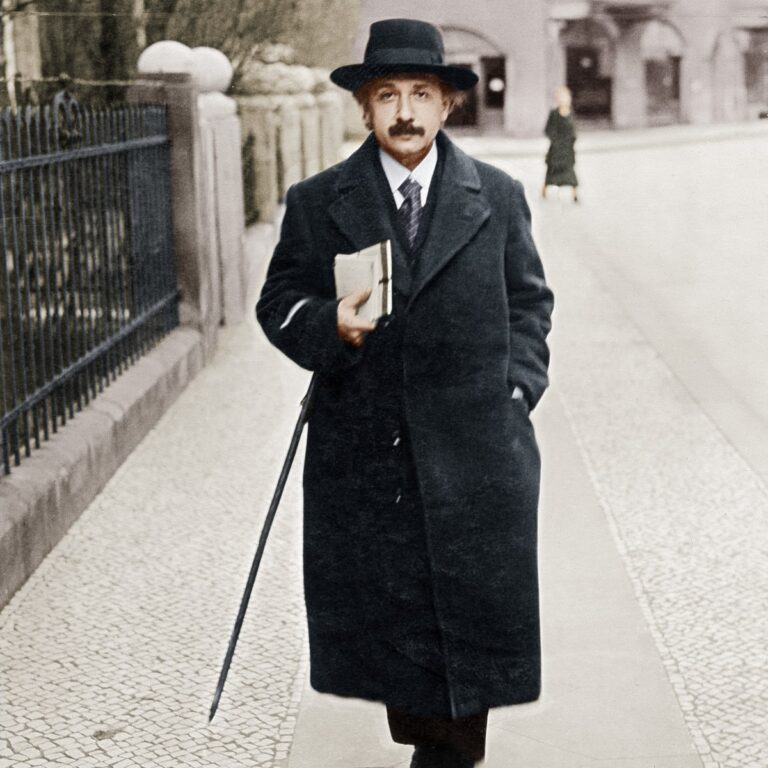U.S. Quantum Computing Patent Rejections Exceedingly High
Unbelievable! Because Quantum is Coming. Qubit.
National Security Consequences of U.S. Patent (In)eligibilityAdd New
Excerpts and salient points ~
+ While quantum computing is still in its infancy, the available data covering software innovation for quantum computing is also troubling. From 2014 through 2018, 29 percent of quantum computing-related patent applications were rejected based on the Supreme Court’s constricted view of patent eligibility. Worse yet, when looking at abandoned patent applications involving both AI and quantum computing, we see that 100 percent of these abandoned patent applications were rejected based on the Supreme Court’s precedent. Given the potential of quantum computing to spur the development of new breakthroughs in science and technology, and its declared importance to our national security, we cannot ignore this trend in quantum computing patent rejections.
Since 1790, our patent system has served as an innovation engine propelling the United States to the vanguard of technological development, producing such revered names as Edison, Tesla, the Wright brothers, and countless others. Patents have encouraged exploration and discovery across the broad expanse of American ingenuity. This innovation has enhanced the quality of life for countless Americans and has ensured our global economic and security leadership for generations. That leadership is now in jeopardy.
+ We also see excessive patent rejections in 5G telecommunications technology. In the years since the Supreme Court began to restrict patent-eligible subject matter, 20 percent of rejections of 5G patent applications have been based on a constricted view of patent eligibility. A similar phenomenon occurs with appealed 5G applications, as 50 percent of those appealed since the Court changed the law are based on that change.
+ Thankfully, there is some movement in Washington, D.C., toward a legislative fix to this morass. I applaud the recent draft bipartisan bill from Sens. Tom Tillis (R-N.C.) and Chris Coons (D-Del.), the chairman and ranking member, respectively, of the Senate Judiciary Subcommittee on Intellectual Property. Although not perfect — particularly the draft’s controversial changes to patent disclosure rules, which could unfairly harm patent holders — their draft legislation is a major step toward advancing our national security with intelligent reform. It has been said that it is better to light a candle than to curse the darkness. All three national security-critical disciplines — AI, quantum computing and 5G — require serious, hard, expensive innovation. All three disciplines should be championed as national priorities, permitted to light up as bright torches, and celebrated with equal access to patent protection as is enjoyed by other technologies. Otherwise the torch may be passed abroad to places like China and Europe.
Source: MORNING CONSULT. David J. Kappos, National Security Consequences of U.S. Patent (In)eligibility…
Content may have been edited for style and clarity.

